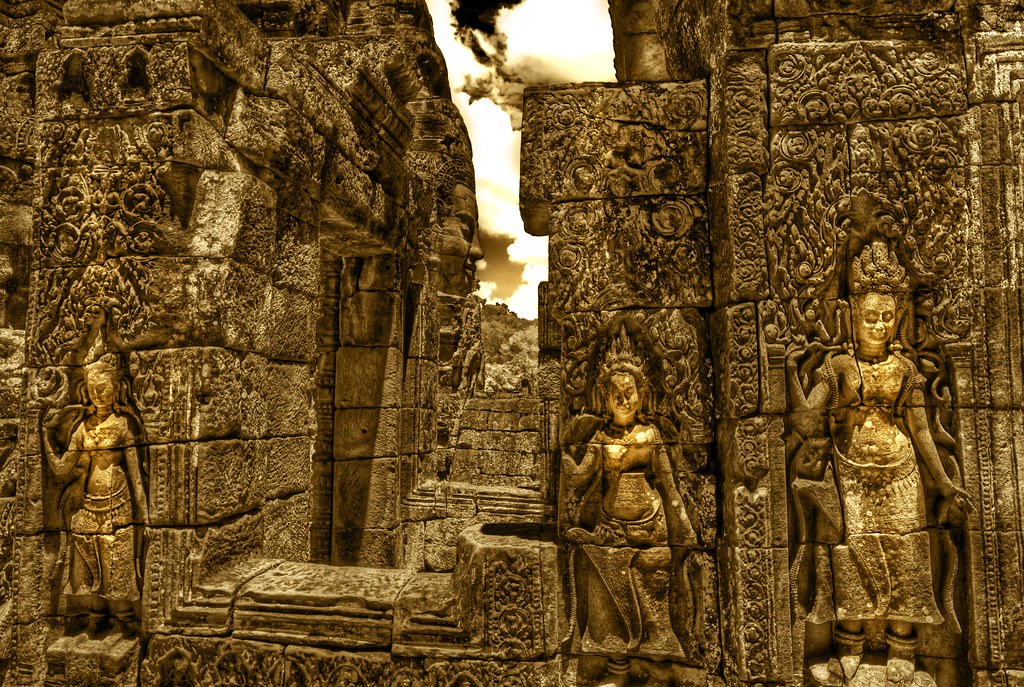Saturday, May 8, 2010
The Rig Veda, the first book of the Vedas (1200 BCE), speaks of death and immortality, rather than rebirth. The problem is the fear of death which is inevitable; something that has to be, therefore, avoided as long as possible. Speaking of the Creator, the poet says, "His shadow is immortality and death" (Rig Vecia 10.121.2) and prays: "Deliver me from death, not from immortality" (Rig Veda 7.59.12). And what comes after death? Rig Veda offers various images of a vague but pleasant life after death. i9
One funeral hymn addresses the dead man:
Go forth, go forth on those ancient paths on which our ancient fathers passed beyond... Unite with the fathers, with Yama [king of the dead], with the rewards of your sacrifices and good deeds, in the highest heaven. Leaving behind all imperfections, go back home again; merge with a glorious body (Rig Veda 10.14.7-8).2°
Life in the reign of Yama together with the fathers with a glorious body is the desire and hope of the Vedic man.
Another hymn is addressed to the funeral fire, Agni:
Do not burn him entirely, Agni, or engulf him in your flames. Do not consume his skin or his flesh. When you have cooked him perfectly, only then send him forth to the fathers (Rig Veda 10.16. 1) 2~
This hymn expresses the desire and hope that, after the purification through fire, Agni, the dead person receives his body back, made perfect, so as to enjoy the life of the fathers.
Other hymns speak to the dead man, of the final dispersal of his old body:
May your eye go to the sun, your life's breath to the wind. Go to the sky or to earth, as is your nature; or go to the waters, if that is your fate. Take root in the plants with your limbs (Rig Veda 10. 16.3).22
Another hymn addresses the dead:
Creep away to this broad, vast earth, the mother that is kind and gentle.
And to the earth:
Open up, earth; do not crush him. Be easy for him to enter and to burrow. . Earth, wrap him up as a mother wraps a son in the edge of her skirt (Rig Veda 10.18.10-l l) 23
From these and other texts in Rig Veda it can be concluded that in this primitive phase of religion (Vedism) there are various and diverse ways of considering death and the fate of man after his death, which seem to represent some sort of rebirth, which consist in the 'putting on' of a glorious body or getting a purified body made perfect by Agni and living happily with the ancestors in the reign of the death; or in the dispersion of the old body in cosmic elements or in returning to the loving womb of mother earth. However, none of these texts speak explicitly that the dead man has to be reborn on the earth in any form.24


